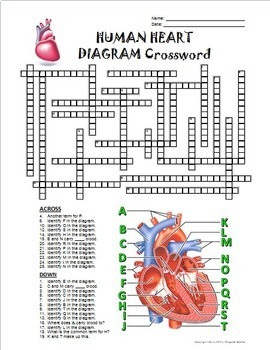

We don’t have to work our way through 24 names: we might use crossing letters, we might imagine a country most of whose name might follow CAP to make a word – or we might work backwards by thinking of a CAP_ word which means “stock”. Next, we’ll take a five-letter country name down to four. So here’s Picaroon (a novelist among other things):ġ7dBetter country with 20% less stock (7)īefore any chopping, we swap “better” for a synonym (CAP). But it’s not always that simple …Īdding or removing the x% may not give us the whole answer. We take “salaries”, replace it with a word we happen to have mentioned in the previous clues (WAGES) and lose 20% for AGES (“a long time”). Here’s Qaos, who’s a mathematician and quite fond of a “%” in a clue:Ģ5dFor a long time, salaries drop 20% (4) In fact, if it might look insultingly easy to give us the word we’re to chop, we might get another that means the same thing. This time, we remove the first halves of YOUR and WAGE, leaving UR + GE: URGE (“strongly recommend”). Here’s sometime academic and bookseller Arachne:ġ1dStrongly recommend 50% reduction in your wage (4) Is it always to be the first half of some word? It is not. Philistine hopes we will take the first halves of the words “Take pies or cake”, giving us TA + PI + O + CA: TAPIOCA, defined by the rest of the clue (“starch”).

Here’s an example, from heart surgeon and crossword compiler Philistine:Ģ4aTake pies or cake – all 50% starch (7) Sometimes, setters are considerate enough to tell you precisely how much to chop. Solving crosswords entails a lot of finding words and chopping them up.


 0 kommentar(er)
0 kommentar(er)
